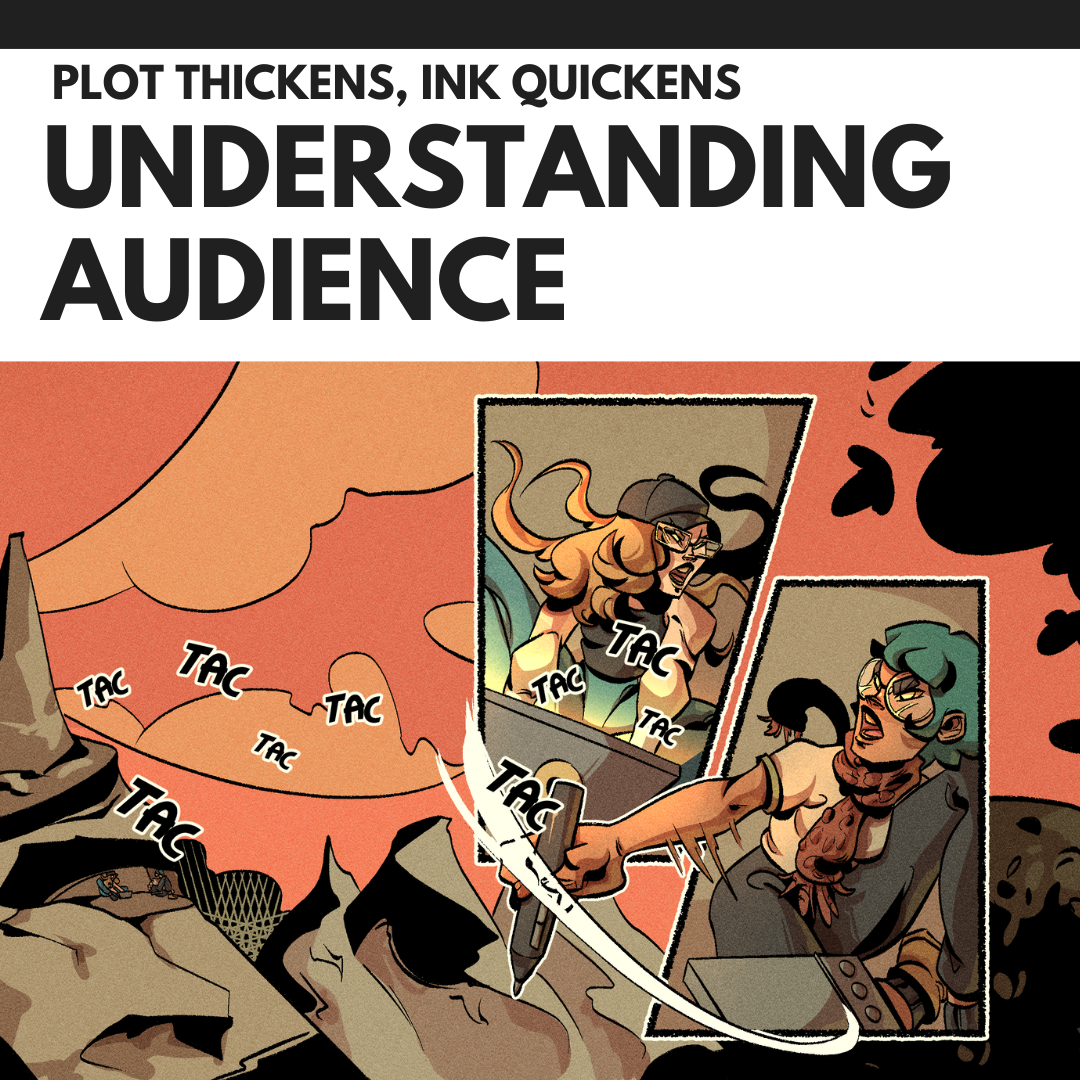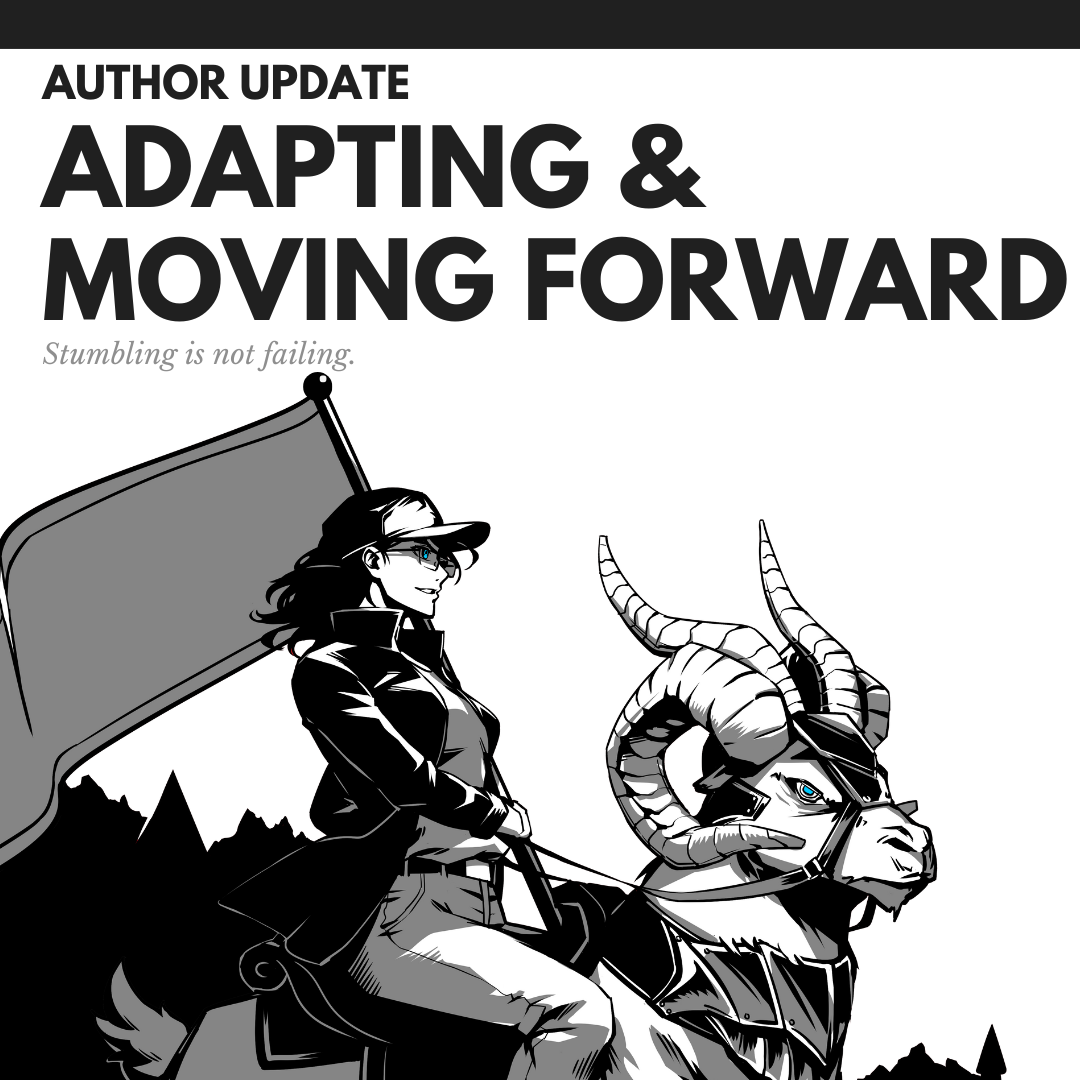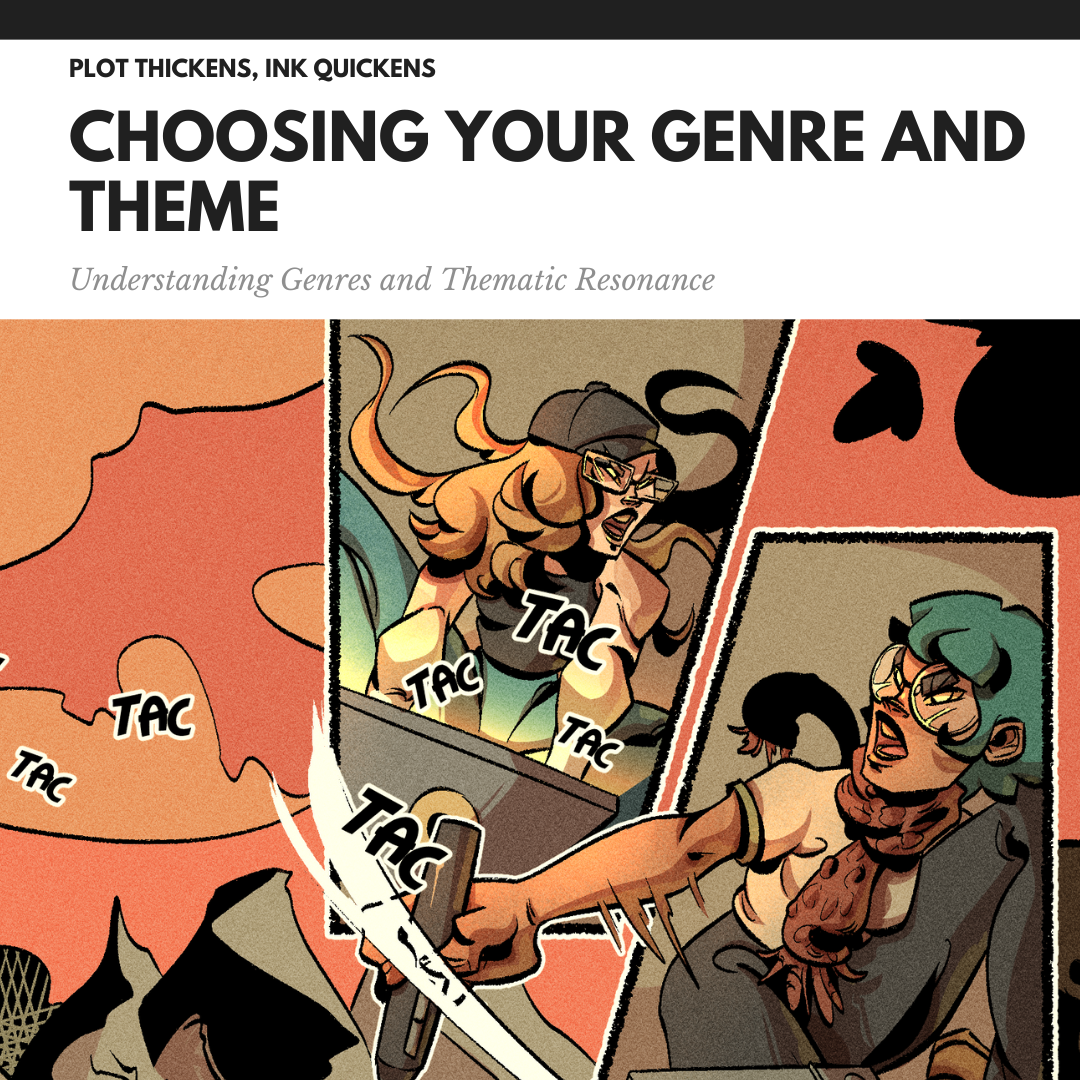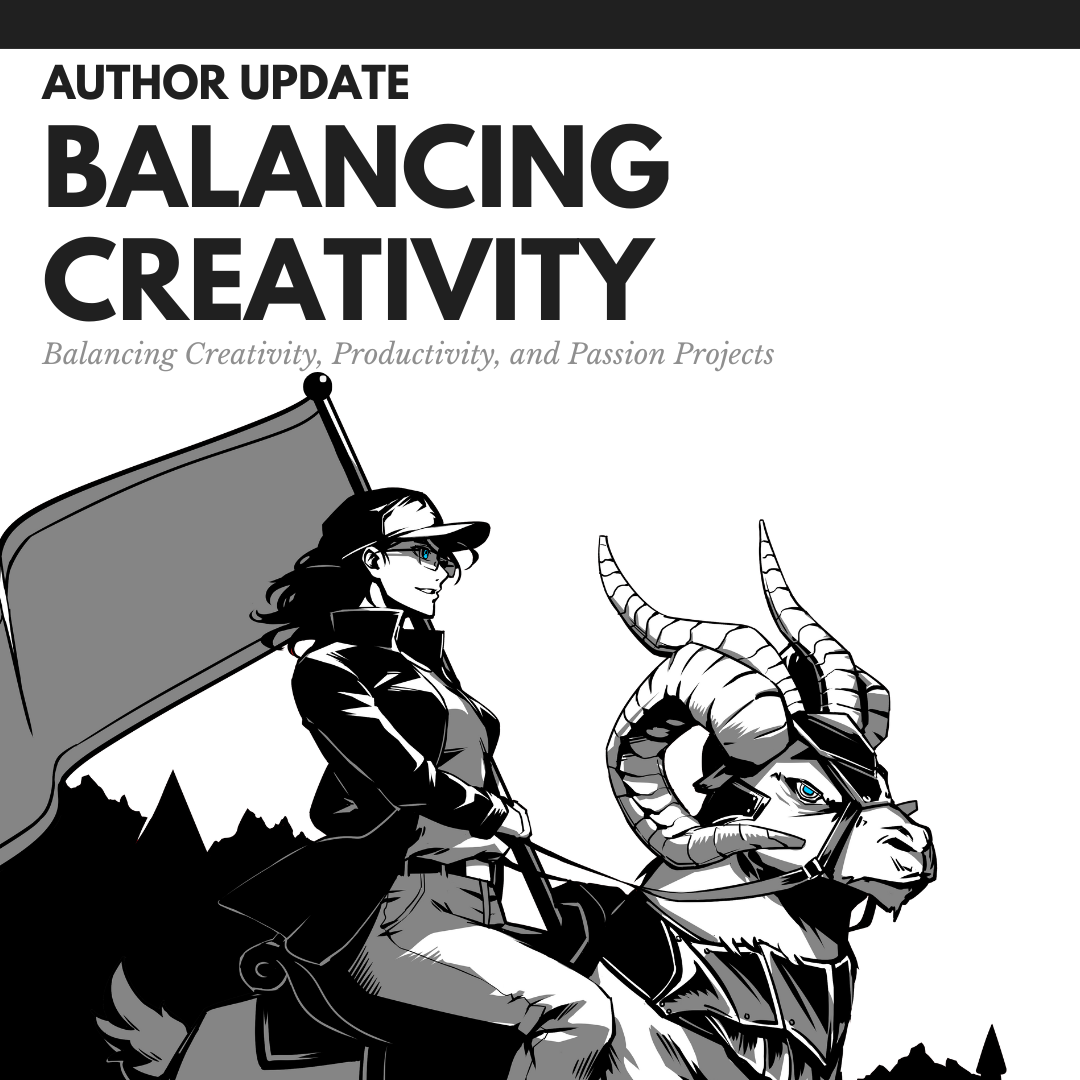When my first book was published back in 2019, I watched the reviews for it like a hawk. I was very needy and desperate for my book to be well received and gobbled up any kind of commentary for them. I mean, being honest, I still am. These days you won’t see me go near the comment section of my book on Amazon, GoodRead, or any other places to allow book reviews. And I have a valid reason for this.
As an author, I know better than anyone the importance of book reviews. They can make or break a book’s success. But as someone who has also been on the receiving end of a scathing review, I’ve learned that they’re not always meant for the author but the readers.
This has always been a hard pill to swallow for new authors because we are still learning to toughen our skin and the urge to step in and correct misinterpretations. As an example, I still have a review from someone who didn’t read my book. They read the sample chapter and then made a gross assumption about how the book would go and wrote about that instead of what is there. But that’s their right to do.
Let’s explore why the reviews are for our reader. I hope you’ll stick around until the end to hear my thoughts on why we should embrace bad reviews (yes, you read that right) and use that feedback while working on your future works.
What are Book reviews?
Before diving into the details of the pros and cons of book reviews, I want us to be on the same page of what book reviews are. Book reviews are basically critical appraisals of books. They can be positive, negative, or a mix of both. Good book reviews help readers decide whether they want to read a particular book or not. A book review is usually feedback on the writer’s writing style, the concept of the book, the characters in the book, and how well the book is written overall.
Positive reviews are great, but…
It’s easy to get wrapped up in the positive reviews our books receive. And there’s nothing wrong with that – positive reviews are amazing! They help boost our confidence and make us feel good about our work. But we need to remember that not all reviews are going to be positive. In fact, some might be quite negative and pretending those reviews are ‘dumb’ or ‘don’t get it’ is not the stance to take for their commentary. While positive reviews give us a boost of excitement and confidence, negative reviews can be hard to take. They can make us question our abilities as authors and make us doubt our writing. Hell, I’ve read reviews that were personal attacks against me as a person because they didn’t like my story.
However, it’s important to remember that book reviews – both positive and negative – are not meant for the author. They’re meant for the readers.
Here are some points for why reviews are meant for readers, not authors,
Reviews are not Conversation
One thing I have always (always, always, always, always) told authors is to not respond to review. Don’t let your friends or family do it, either. It’s a bad look if you try to engage with the reviews and 9 times out of 10 it makes you look immature, fragile, and defensive.
A review is not a conversation between the author and the reviewer. It’s a one-way street. The author writes the book, and the reviewer reads it. That’s it. There’s no going back and forth, no discussion, no debate. Once the review is written, it’s out there for everyone to see.
This can be a good thing or a bad thing, depending on how you look at it. On the one hand, it’s great that anyone can read a review and get an idea of what the book is like without having to actually read it. On the other hand, it can be frustrating as an author because we can’t respond to the reviewer or explain our side of the story.
Reviews are Subjective
Remember my comment before about the review of the person that didn’t even read the book? Well, a review is subjective like that. It’s one person’s opinion. Just because one person didn’t like our book doesn’t mean that everyone will feel the same way. In fact, there might be plenty of people who love our book – even if the reviewer hated it. No two people are alike, and so, there’s a very good chance for the reader to not understand where you’re coming from, what you’re trying to communicate in the book.
Sometimes bad reviews will also help advertise your book to others as well. For example, when I was trying to find a new romance to read, someone had left a very brutal review for one book about how the book had “too much sex” and “just an overprotective beefcake” and some other commentary. You bet I spent my shiny penny on that book and the three that followed it despite that review.
It’s important to remember that not everyone is going to “get” our book. And that’s okay. In marketing we have target audience because it is impossible to make everyone happy (unless you are a taco). Just because one person doesn’t like it doesn’t mean that it’s a bad book.
Commenting on Reviewers is Unprofessional.
When we receive a negative review, it’s easy to want to lash out at the reviewer. We might be tempted to leave a comment defending our book or trying to explain our side of the story. But as tempting as it might be, it’s important to remember that this is unprofessional and will only make us look bad.
And it also looks bad with your friends and family come to combat the review on your behalf. It’s very easy to tell who those people are in relation to you and it will made you and your book look worse in the eyes of potential readers if they feel they will be attacked by your group for not liking your work. No reviews and no buys are worse than buys with honest reviews.
The best thing we can do is just ignore the urge to respond to negative reviews. Easier said than done, I know. But trust me, it’s the best thing we can do.
Consider the Negative Review
I could probably write an entire blog post on this (and maybe I will) about what to do with negative reviews. Before, I mentioned to ignore the urge to respond to the negative review but not the review itself. No one is telling you to mentally flog yourself by reviewing negative feedback non-stop, but they can be helpful.
When I review my negative reviews, I am looking for similarities in the commentary. Pick any book out there and see if you can find what the general disgruntlement for a book is. Maybe it is shallow characters, see through plot, lacking descriptions, whatever. If a book really is a dumpster fire, there is going to be things said about what doesn’t make it work.
Negative reviews, while very hard to digest, are probably the most brutal feedback you can get for your writing. These reviewers don’t know you, don’t care about their feelings, and spent their money on a product that they aren’t satisfied with. Wouldn’t you want to know why?
The author of The Host had a brother who went through all mail she received and never let her see the negative commentary for her works. Some of it was constructive criticism for her books and some of it was pretty petty commentary, but she never got to see it. Instead, she was only fed the positive and continued on with the tropes and writing style more and more people were having a complaint about.
You could live like that or you could grow as a writer.
Reviews are not a good source of validation of your writing skills.
Book reviews should not be used as a source of validation for our writing skills. Why? Because, like I said before, reviews are subjective. One person might love our book, and another might hate it. And so using reviews to validate our writing skills is not a good idea because we’re never going to please everyone. Book reviews are solely for the reader, not for the author.
Conclusion
Don’t worry when someone leaves a bad review for your book. It’s as natural as rain. It’s not about you; it’s about the reader and their experience. And remember, reviews are subjective- what one person loves, another may hate. Take the valid feedback where you can and ignore the nonsense elsewhere. Keep writing because you love it, and let the validation come from within.
Speaking of reviews!
If you happen to read something I wrote, I would appreciate your honest feedback on it either on Amazon or GoodReads. Thanks!







